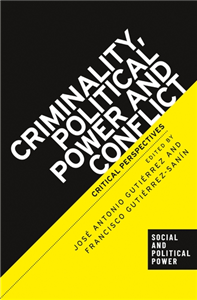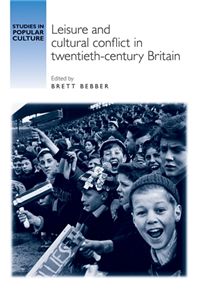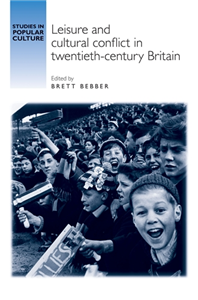Editions Difaf
Editions Difaf, a Lebanese publishing house founded in 2012, in response to the market need of modern and classic Arabic literature, comparative literature and novels in Philosophy and related subjects. The house has faced great challenges and was able to present hundreds of intellectual titles, linguistics and novels. Many of the publishing house books was shortlisted for the following leading literary awards (Sheikh Zayed Book Award, the Booker prize, Naguib Mahfouz) and has become an important source in the studies issued by Arab scholars. Behind this literature is a committee of reviewers who carefully select books eligible for publishing. Editions Difaf created partnership agreements to overcome distribution barriers and governmental censorship. Moreover, the publishing house focused throughout the past years on translating non-Arabic literature. Panda is a part of Edition Difaf which focuses on publishing children's books. Up till now more than 120 titles were published to serve the youth in the Arab countries.
View Rights Portal





















